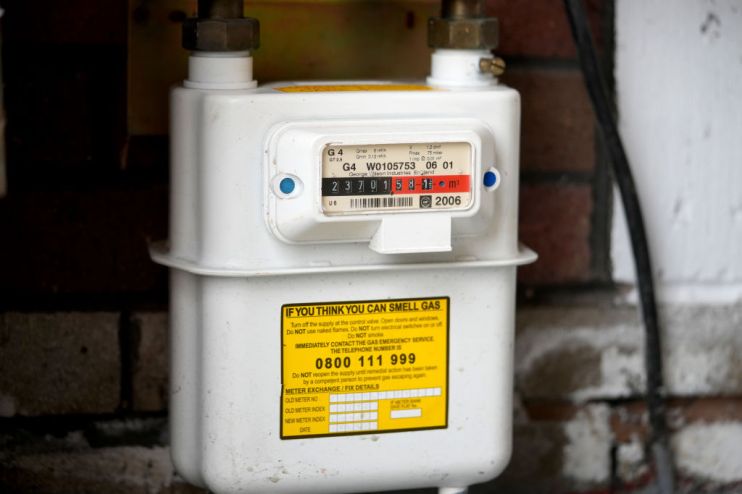Britain needs to sober up from our addiction to gas

This will be a winter where energy prices seldom stay out of the news. With the combination of cracks appearing in our creaking electricity system, record global gas prices, and the largest overnight benefits cut in history risk colliding in a way that piles yet more pressure on families already struggling.
In the short term, a swathe of outages across our nuclear fleet, reduced import capacity owing to a substation fire, and one of the least windy weeks for decades have put the GB energy market under immense strain. Add in the backdrop of gas prices that have increased by 70 per cent since just last month and it is easy to see why we’ve had record high electricity prices in the past week.
The timing couldn’t be worse. The raising of the price cap on the first of October will see around 15 million households facing higher costs overnight. In that same month the £20 per week uplift to Universal Credit is set to be scrapped. Inflation is starting to bite just as winter draws in and we turn the (gas-fired) central heating on.
The Government has always pointed to switching suppliers as the solution – but this isn’t the answer. The number of competitive fixed-term deals is plummeting, and switching isn’t an option for households with poor credit ratings or that have fallen behind on energy bills.
Reversing this cut to Universal Credit is a clear way of limiting the damage of soaring energy costs, as is holding firm against industry pressure and keeping the price cap in place – households should not be exposed to the vagaries of global commodity markets.
There are more levers that can be pulled to stop the situation deteriorating, ahead of time. Extending bill rebates to more fuel poor households and starting the ball rolling on moving levies from electricity bills into general taxation would be proactive measures to dampen the pain.
Longer term, a historical lack of investment in low-carbon power, in insulating Britain’s homes to slash energy consumption, in weaning homes off gas boilers and onto renewable-powered heat pumps, and in modernising the rules and regulations that underpin our power grid so that they favour building batteries instead of gas power stations, are all coming home to roost.
Setting a phase-out date for unabated gas-fired electricity generation, making good on fledgling promises to end the sale of gas boilers in the 2030s and using the spending review to outline a long-term plan to slash energy waste from millions of households will all help the UK back on track to net zero, and do so in a way that avoids the cost of the transition landing on the shoulders of those least able to afford it.
While the gas crisis is sending prices soaring around Europe, our addiction to it and an energy system struggling with old age means the effects are felt particularly acutely here. Britain’s homes leak more energy than almost all other countries in Europe, while other countries that have a similar dependence on gas heating – the Netherlands for example – are plotting a route to cleaner, cheaper and homegrown energy.
A lot of this action is far from straightforward, and will take many years to come to fruition. We need to set in train big reforms that will help us transition towards a low carbon economy. For now, an immediate decision on Universal Credit and the price cap will avoid a cost of living crunch and buy us some time. Otherwise, a lot of households will be in dire financial straits.